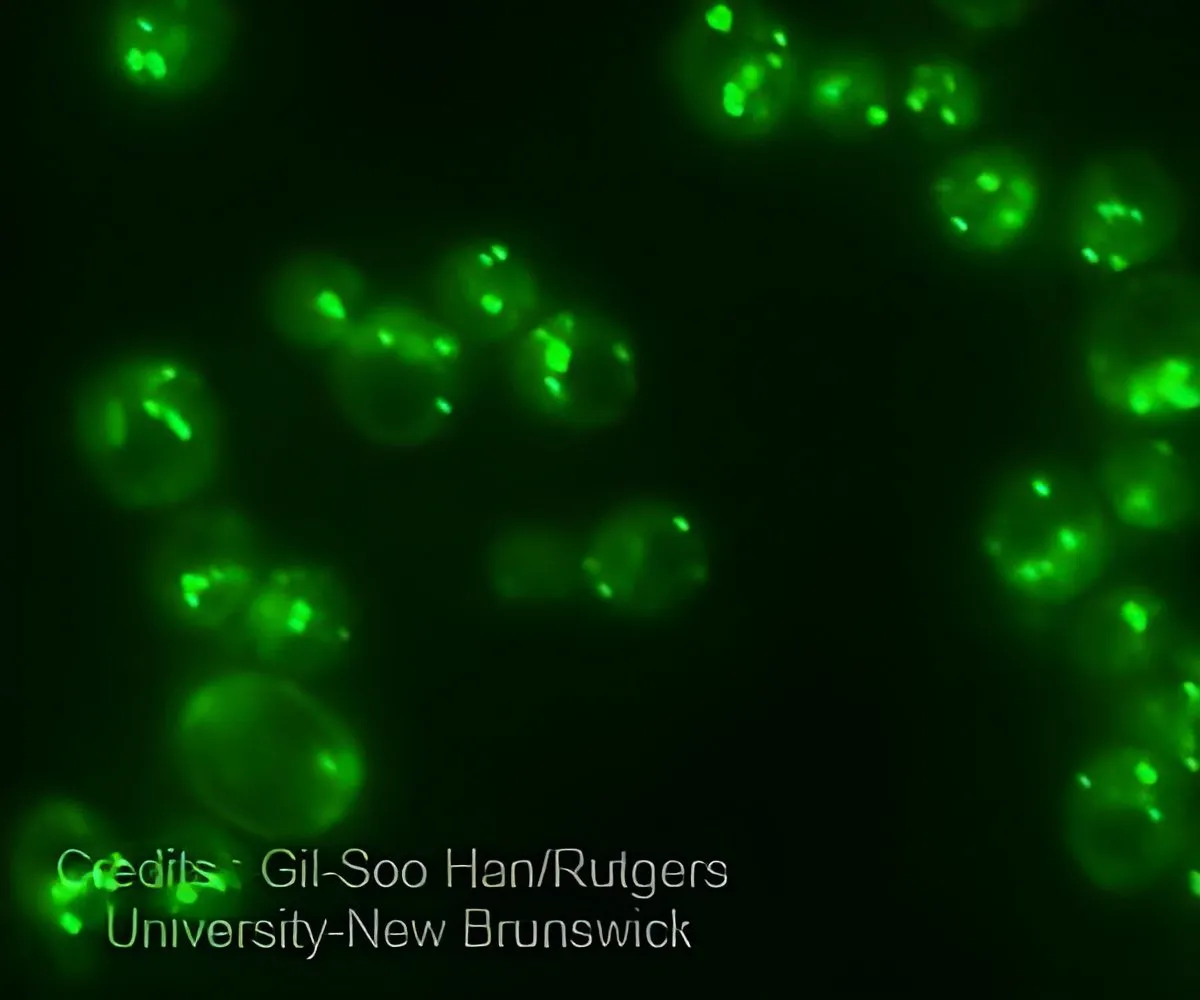Lipids' Crucial Role in Cancer Biology and Treatment

The Significance of Lipids in Cancer
Lipids are more than just dietary components; they are essential players in cancer biology. By recognizing how cancer cells utilize lipid metabolism, we can develop innovative strategies for treatment.
Lipid Metabolism and Cancer Cells
Cancer cells rely on lipids for their energy and signaling needs. Their ability to manipulate lipid levels allows them to thrive in adverse conditions.
How Lipids Fuel Cancer Growth
- Cancer cells enhance lipid uptake and production.
- They utilize lipids for energy during rapid growth.
- Altered lipid signaling promotes oncogenic activity.
Biomarkers and Lipids in Cancer Diagnosis
There is growing interest in lipid profiles as biomarkers. These could lead to early cancer detection, improving patient outcomes.
Developing Lipid-Targeting Therapies
- Identifying vulnerabilities in lipid metabolism for therapy.
- Utilizing lipids for targeted drug delivery through nanocarriers.
Future Directions in Cancer Treatment
Understanding lipid metabolism heralds a new era in cancer therapy. Innovations in lipid-targeting approaches promise to transform treatment paradigms.
Emphasizing Lipids' Potential
As research advances, lipids may hold the key to effective, personalized cancer therapies that change treatment outcomes significantly.
Disclaimer: The information provided on this site is for informational purposes only and is not intended as medical advice. We are not responsible for any actions taken based on the content of this site. Always consult a qualified healthcare provider for medical advice, diagnosis, and treatment. We source our news from reputable sources and provide links to the original articles. We do not endorse or assume responsibility for the accuracy of the information contained in external sources.
This article was prepared using information from open sources in accordance with the principles of Ethical Policy. The editorial team is not responsible for absolute accuracy, as it relies on data from the sources referenced.